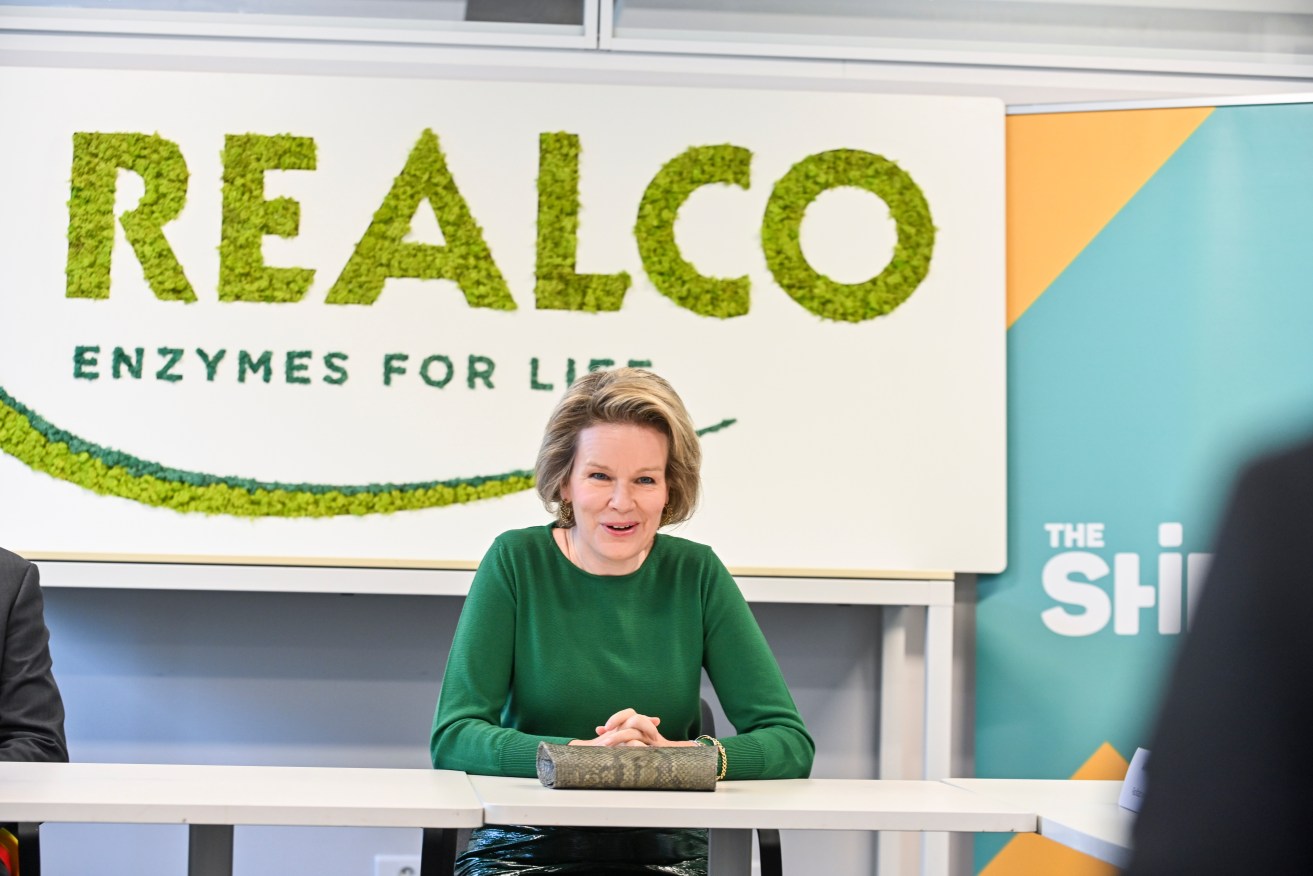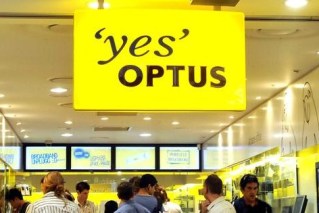Beware the eco weasel words being used to trick us into ‘green’ choices
Australian regulators should ban vague and misleading environmental promises, a report has warned, after an analysis of more than 8900 social media ads found many were being used to confuse consumers.

Not every product purporting to be eco safe actually deliver on those promises.. (Photo by F. Andrieu/Agencepeps/Content Curation/Sipa USA)
The Consumer Policy Research Centre’s Seeing Green report, released on Friday, found ‘greenwashing’ claims had become common in advertisements for energy, household products, fashion, health care and travel, with popular terms including “clean,” “bio” and “for the planet”.
And in one case, researchers found a product’s environmental marketing only related to the shipping containers in which the product arrived.
The call comes as the Australian Competition and Consumer Commission prepares guidelines for environmental and sustainability marketing claims in Australia, and after the European Union announced a ban on “generic environmental claims” in ads.
The report analysed 8963 advertisements served to Facebook users more than 30,000 times and captured by the Australian Ad Observatory project.
The 10 most common environmental marketing terms included “clean,” “green,” “sustainable,” “bio,” “recyclable,” “pure” and “eco” but Consumer Policy Research Centre deputy chief executive Chandni Gupta said many of these claims had no agreed or widely understood meaning.
“Many of those terms are confusing and vague and really unhelpful for consumers who are trying to do the right thing, trying to make difference choices, to have more environmentally friendly outcomes,” she said.
Green claims were made for products across 40 sectors, from energy to mining and pets to financial services, the report found, though many of the claims were not easily verifiable or did not provide comparisons when claiming to be greener or more eco-friendly than a competitor.
Some environmental claims also only related to a product’s packaging, rather than the product itself, and in one case a company advertised “sustainable packaging” that only described the boxes in which the product was shipped.
Ms Gupta said these claims could mislead consumers into thinking they were buying more environmentally products than they were, and regulators needed to be given the power to ban or clearly define green marketing promises.
“There are some terms that should not exist, things like ‘for the planet’ or ‘for the Earth’ or terms that are vague and cannot be substantiated,” she said.
“We would like to see an outright ban on those because unless you can substantiate it you shouldn’t be using the claim.”
The ACCC issued draft guidance to businesses about environmental and sustainability advertising in July, before holding consultation until September, and the Senate is expected to release a report into greenwashing in June next year.
The European Union also recently announced a ban on generic environmental terms such as “natural,” “biodegradable,” “climate neutral” or “eco” being used in ads if they were not accompanied by recognised proof to back up the claims.












